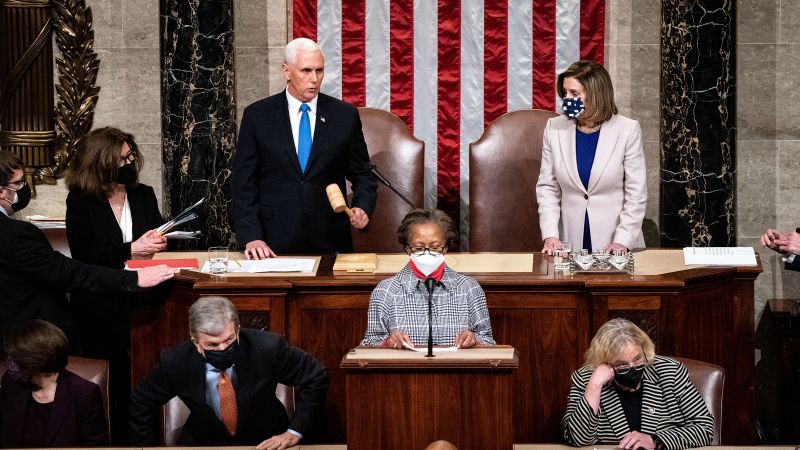[Donald Trump derailed his 2020 election subversion indictments by winning back the White House, but dozens of his allies still face state criminal prosecutions that he, even as president, can’t shut down through his Justice Department or short-circuit with pardons.
Since the election, Democratic prosecutors in Georgia, Michigan, Arizona, and Wisconsin have pledged to move ahead with cases against Trump allies who were involved with the “fake electors” plot, which tried to overturn his 2020 defeat in those states.
A total of 45 Trump allies and aides are currently facing charges across these four states, with another six expected to be re-indicted soon in Nevada. While many defendants are state party officials or little-known GOP activists, some are prominent figures from Trump’s orbit including former White House chief of staff Mark Meadows, his former personal attorney Rudy Giuliani, and adviser Boris Epshteyn.
The federal election subversion indictment against Trump has already been dismissed. And while the Georgia case against Trump and his 14 co-defendants remains in limbo, the state likely won’t move forward with charges against Trump while he’s the sitting president. Trump’s lawyers recently asked a court to throw out his charges, citing his reelection.
“It all speaks to the uniqueness of the legal issues surrounding President Trump,” said Elliot Williams, a CNN legal analyst and former Justice Department prosecutor. “What happens where a defendant is the only person in the country immune from prosecution, but has co-defendants charged with the same conduct? Every other defendant is stuck.”
The courts have never definitively settled the question of whether a state-level prosecutor, like Fulton County District Attorney Fani Willis, can prosecute a sitting president.
It also remains unclear what Trump’s victory could mean for Willis’ ability to move forward with the case against the other co-defendants. Some sources familiar with the case have suggested that prosecutors could try to sever Trump’s case from the other defendants.
None of the other cases are expected to go to trial anytime soon, either. A Michigan judge will decide in the coming months whether that case can proceed to trial. There’s a 2026 trial date for the Arizona indictment. And the Wisconsin defendants have their initial court appearances later this week.
The process has bogged down in pretrial maneuvering. A Michigan judge is mulling whether there is enough evidence to proceed to trial. The earliest a decision could come for some defendants is January, but for some other defendants, there won’t be a decision before March, according to court documents.
In Arizona, a judge previously set a 2026 trial date, but the same judge recently recused himself from the case after an email surfaced in which he told other judges to speak out against attacks on Vice President Kamala Harris.
Trump wasn’t charged in Arizona, but he has been identified in charging documents as “co-conspirator 1.” While the Justice Department under Trump could throw its support behind an appeal that he is pursuing in federal court seeking to shut down the state prosecution, alleging the case was politically tainted.
The Nevada Attorney General, Aaron Ford, is planning to soon bring a new indictment re-charging the 2020 fake electors from his state. Ford said he is not making decisions based on who is the president, but on the rule of law, and added, “This case is not going away.”
“I don’t make decisions based on who is the president,” Ford said. “I make decisions based on the rule of law. And these state electors, in our estimation, violated laws of the state of Nevada that are worthy of prosecution.”
Source link

